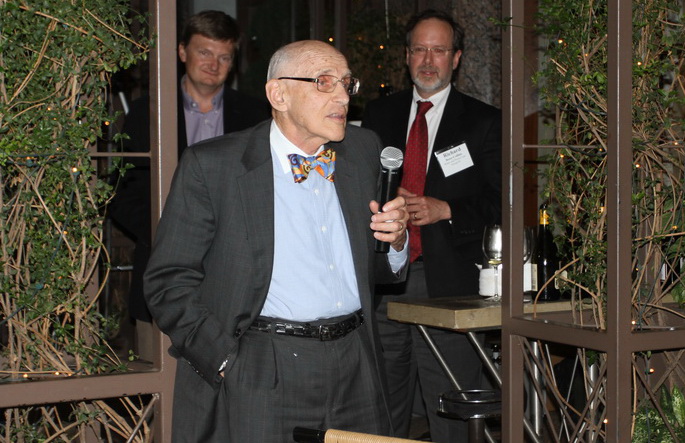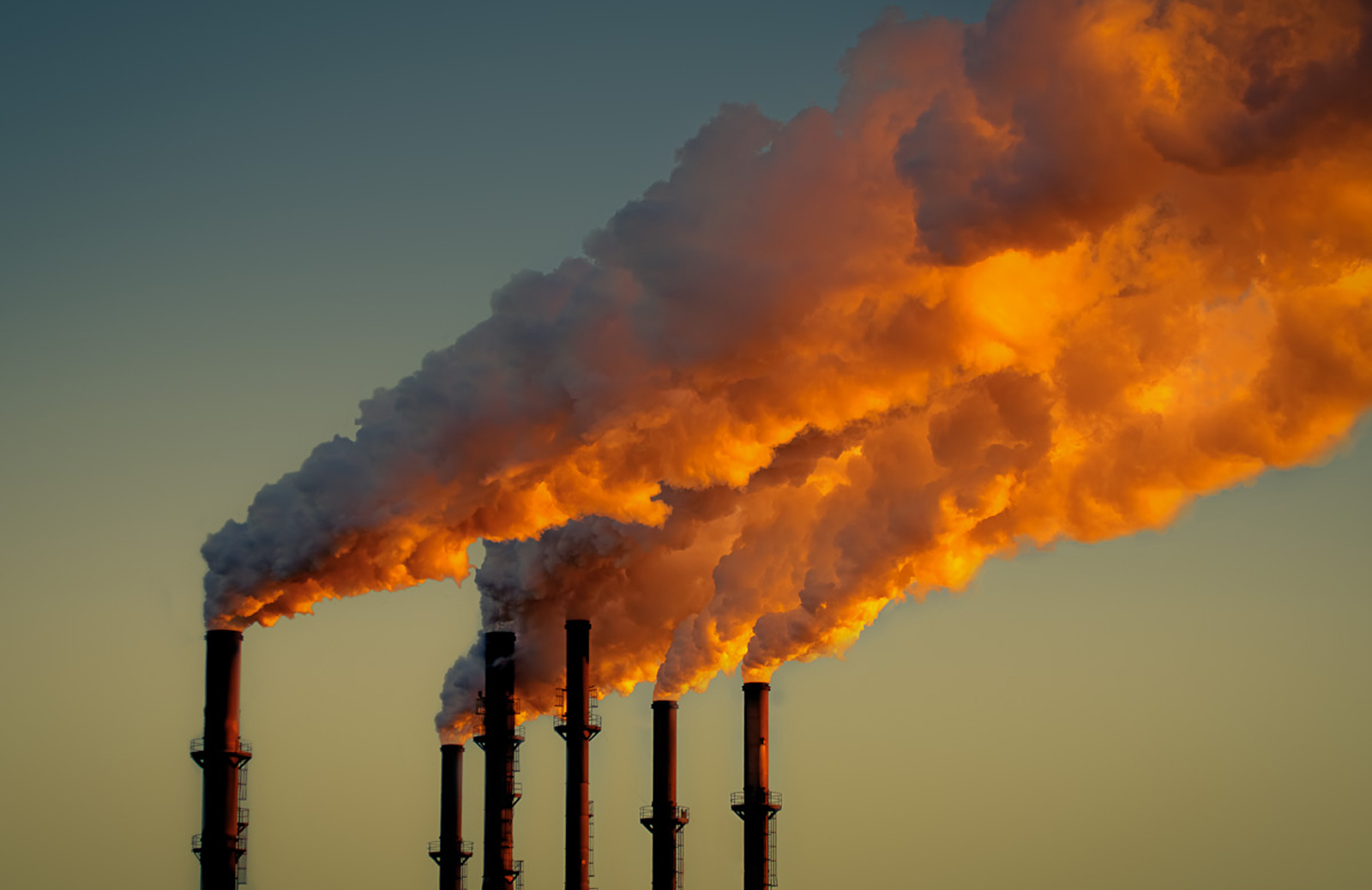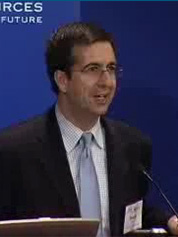Regulation
Rand Paul versus Clean Water
Rand Paul’s plan to cut wetlands protection and make enforcement against polluters impossible.
Rand Paul recently won a big victory in the straw poll held by CPAC,the Conservative Political Action Conference. In the environmental area, his signature measure is the Defense of Environment and Property Act. On its surface, the goal of the law is to cut back on federal jurisdiction over wetlands. The bill would drastically cut back …
Continue reading “Rand Paul versus Clean Water”
CONTINUE READINGIn Memoriam: Joseph L. Sax, Gentleman, Scholar, Giant of Environmental Law
Visionary environmental advocate will be sorely missed, long remembered.
[Posted on behalf of all Legal Planet authors at Berkeley Law.] It is with great sadness that we share the news of the passing of Joseph L. Sax, James H. House and Hiram H. Hurd Professor of Environmental Regulation (Emeritus) at Berkeley Law. Joe was our hero, our teacher, our mentor, our colleague, our friend. …
Continue reading “In Memoriam: Joseph L. Sax, Gentleman, Scholar, Giant of Environmental Law”
CONTINUE READINGThe Lost World of Administrative Law
The regulatory process has become more opaque and less accountable. We need to fix that.
Every year, thousands of law students take a course in administrative law. It’s a great course, and we wish even more students took it. But there’s a risk that students may come away with a vision of the regulatory process that is increasingly disconnected with reality. Worse, the leading judicial opinions on the subject suggest …
Continue reading “The Lost World of Administrative Law”
CONTINUE READINGCalifornia Enacts Emergency Drought Legislation
State Water Rights Reforms a Key Part of the Legislative Package
“Never let a good crisis go to waste.” This adage, attributed to Chicago Mayor and former Obama White House Chief of Staff Rahm Emanuel, seems especially apt regarding emergency legislation enacted by California lawmakers and signed into law last weekend by Governor Jerry Brown in response to the worst drought in recorded California history. That …
Continue reading “California Enacts Emergency Drought Legislation”
CONTINUE READINGUtility Air Regulatory Group v. EPA: Another Take on the SCOTUS Oral Argument
Decision favoring EPA seems likely
The venerable pastime of U.S. Supreme Court-watching always involves divergent opinions that, as Rick Frank noted, all should be taken with a grain (or even a pound) of salt. The outcome of Utility Air Regulatory Group v. EPA is decidedly uncertain, but I left the oral argument yesterday more optimistic than my Legal Planet colleague. …
Continue reading “Utility Air Regulatory Group v. EPA: Another Take on the SCOTUS Oral Argument”
CONTINUE READINGDeconstructing Today’s U.S. Supreme Court Arguments in Utility Air Regulatory Group
The EPA Could Well Lose This Challenge to Its Greenhouse Gas Reduction Efforts
The Supreme Court heard oral arguments today in the most important environmental law case of the current Term: Utility Air Regulatory Group v. Environmental Protection Agency. Based on those arguments–and, more importantly, the justices’ questions and comments–it appears that EPA’s efforts to regulate greenhouse gas (GHG) emissions from stationary sources under the Clean Air Act’s …
CONTINUE READINGPreviewing Next Week’s Climate Change Arguments in the U.S. Supreme Court
Big Stakes and Big Players in This Year’s Biggest Environmental Case
On Monday, the Supreme Court will hear oral arguments in the biggest environmental law case of its current Term, Utility Air Regulatory Group v. EPA. Legal Planet colleagues Ann Carlson and Dan Farber have already posted their thoughts on the case. Let me add mine. Utility Air Regulatory Group involves EPA’s authority to regulate stationary …
Continue reading “Previewing Next Week’s Climate Change Arguments in the U.S. Supreme Court”
CONTINUE READINGPeering Behind OIRA’s Veil of Secrecy
OIRA is staffed by under-trained, over-worked short-termers.
OIRA is an agency whose functions are as mysterious to most people as its name. It doesn’t help much to learn that OIRA stands for Office of Information and Regulatory Affairs. The phrase “regulatory czars” is more informative. OIRA runs the federal government’s regulatory process. Although agencies like EPA are required to have a lot …
Continue reading “Peering Behind OIRA’s Veil of Secrecy”
CONTINUE READINGPlain Language, Climate Change, and the Supreme Court
The language of the statute relating to next week’s argument is clear — but there’s a fly in the ointment.
The Supreme Court will be hearing argument next week in Utility Air Regulatory Group v. EPA. It’s basically a very simple statutory interpretation case, except for two things. First, it’s about climate change, and nothing about climate change ever seems to be simple and straightforward. Second, although the language of the statute, prior Supreme Court precedent, …
Continue reading “Plain Language, Climate Change, and the Supreme Court”
CONTINUE READINGCalifornia’s Flawed Approach to Electric Vehicle Public Charging
Legal settlement to commit $100 million to new charging stations has not been effective
Back in 2000, rolling blackouts descended upon California and eventually cost Governor Gray Davis his job. The crisis was caused by deviant corporate behavior, and one of the companies involved, NRG, finally settled with the state in 2012 for damages related to its conduct. But instead of being punished, the California Public Utilities Commission allowed …
Continue reading “California’s Flawed Approach to Electric Vehicle Public Charging”
CONTINUE READING












